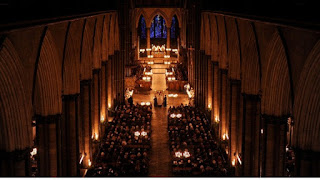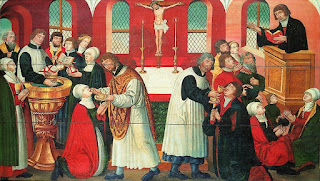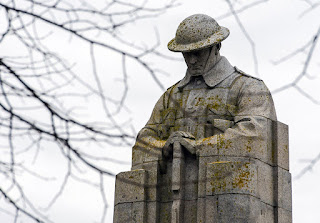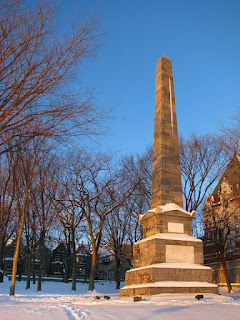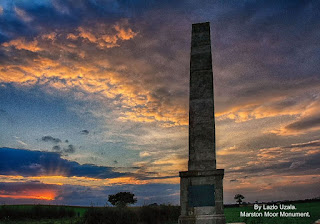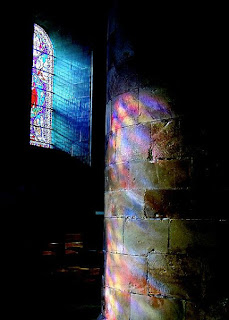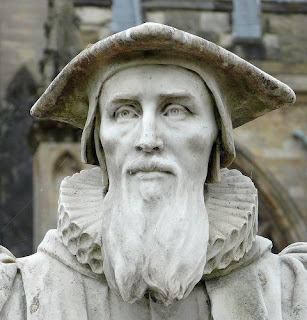A St Andrew's Day call: A High Church appreciation of Scottish Episcopalianism

On this St Andrew's Day - and as an alternative to the Columba Declaration - laudable Practice proposes a High Church appreciation of the historic vocation, identity, and witness of the Scottish Episcopal Church. Apostolic order Maintaining the episcopal succession in Scotland, Scottish Episcopalianism bore witness to this mark of catholicity and apostolicity being a fundamental commitment of Anglicanism: "to the intent that these Orders may be continued, and reverently used and esteemed". In his A Guide to the Church (1804), Charles Daubeny (Archdeacon of Salisbury, 1804-27) pointed to the Scottish Episcopalians as one of the national expressions of the Church Catholic, marked by "bishops coming in succession from the time of the Apostles to the present day": Every Christian society, possessing the characteristic marks of the church of Christ, I consider to be a separate branch of the catholic or universal visible church upon earth. The church of England, t...

